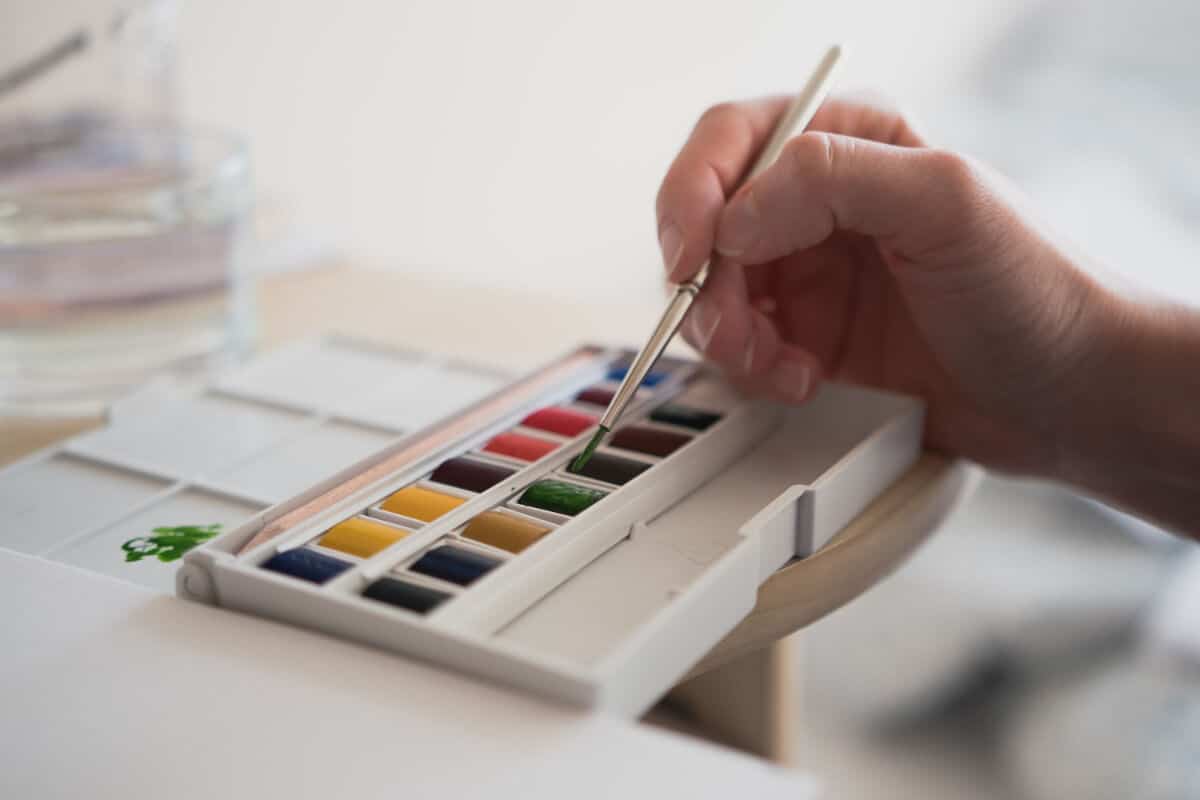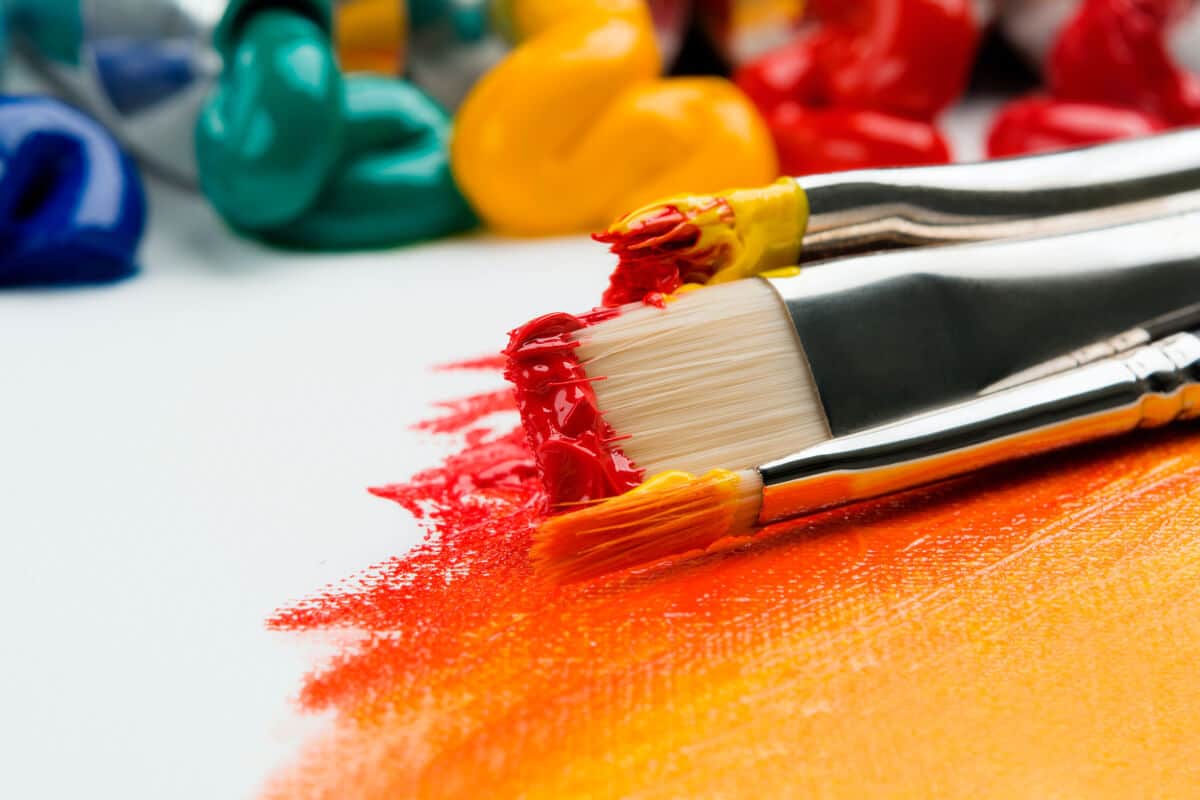How often do we hear of great artists, ones who earned the admiration of the world, who succumb to addiction and lose their lives to drug or alcohol abuse?
Think of well-known musicians such as Kurt Cobain, Jimi Hendrix, and Jim Morrison, who died way too young from addiction-related causes. Then there are writers, like Samuel Taylor Coleridge, Edgar Allan Poe, and Earnest Hemingway.
The “Master of Horror,” Stephen King, lived through alcoholism but is sober today: King is the author of 65 novels and approximately 200 short stories (and writing!)
Creativity, defined, is the ability to transcend traditional ideas, rules, patterns, relationships, or the like, and to create meaningful new ideas, forms, methods, interpretations, etc.; originality, progressiveness, or imagination.”
Creative thinking entails complex cognition, mental and emotional energy, and discipline to the craft.
So, why is it so common to hear of talented, creative people falling victim to addiction? You may have heard that there is a link between creativity and addiction, but is this true?
Is There a Link Between Creativity and Addiction?
While it certainly seems that way, some research has been done to see if this theory can be proven.
Scientific American interviewed author and Johns Hopkins University School of Medicine neuroscientist David Linden. Linden stated that he doesn’t believe “the link is between creativity and addiction, but between addiction and the things which are a prerequisite for creativity,” one being the desire and drive to feel pleasure.
Linden explains that 40% of a predisposition to addiction is genetically predetermined, and we know this based on studies on heritability in families and twins. While there is no known “addiction gene,” one’s genetic makeup can include a lower functioning dopamine system, which can cause a person to become more likely to become “risk-taking, novelty-seeking and compulsive.”
The American Psychological Association published an interview with professors of psychiatry and behavioural sciences at George Washington University about “The Molecule of More: Dopamine.”
The researchers sum up the issue with the words, “Dopamine is known as the chemical of love, creativity, and addiction. It pushes us to achieve greatness, but it can also lead to our downfall.”
While genetics can be a precursor to both creativity and addiction, we have yet to prove a direct link between creativity and addiction.
You may also hear that once someone gets sober, their creative juices stop flowing. They can no longer sing, play music, make art, write, dance, or find inspiration that they had while using substances.
While it is true that drugs and alcohol can lower inhabitations and promote creativity, research also shows that creativity can return once drugs and alcohol are removed. After all, genetic makeup doesn’t change.
How Does Creativity Support Recovery?

Whether you feel as if you are a naturally creative person or not, what is interesting, is research also shows that creativity can support addiction recovery. In early recovery, people may feel as though they have lost their creative abilities, and their thinking may be cloudy for months.
However, with abstained substance use comes clearer thinking, and creativity will emerge.
According to an article by Psychology Today, there are several ways that addiction recovery supports creativity. Among them are:
Develops Self-Expression
Addicts carry a great deal of emotional pain that can be difficult to put into words. Creative approaches can help them through developing self-expression. They may be able to describe their pain through art, writing, or music, which can serve as a stepping stone to healing.
Regulates Emotions
Creative activities can help people connect with their emotions that they otherwise may not understand. Music, in particular, can foster a healing environment and connect individuals with their feelings. Likewise, creative writing can do the same.
Supports Other Interests:
Having a creative outlet can not only be a stress reliever, but it can turn into something more. Sometimes those in recovery find interests, like singing, writing, or painting, that they did not know they otherwise had.
Increases Connections with Self and Others:
Creativity strengthens a relationship with one’s self and others. Those in recovery have found that creative hobbies allow them to connect with others who have similar interests. Also, online communities are thriving, especially due to Covid-19, so there are always opportunities to share artistic expression, such as writing and music, online.
It is safe to say that creativity is good for mental health, and because drugs and alcohol contribute to poor mental health, creative outlets allow the opportunity for stress relief, positive emotions, connection with others, and a renewed sense of purpose, all pathways to healing.
Creativity: a Recovery Tool
Because creative outlets involve self-expression and sensory details, rehabs all over the world use creativity as a recovery tool. It is common to see therapies involving art, music, drama, writing, yoga, meditation, and animals in recovery centres.
Here are some ideas for tapping into creativity while in recovery:
- Meditating
- Journaling
- Drawing
- Painting
- Listening to music
- Playing an instrument
- Woodworking
- Needle crafts (sewing, quilting, knitting, etc.)
- Dancing
- Exercise
- Connecting with nature
Conclusion
While addiction and creativity seem to be linked, addiction only works for so long before it doesn’t. In other words, addiction cannot fuel creativity long term.
But creativity can, ultimately, fuel recovery.
French artist Henri Matisse once said, “Creativity takes courage.” We also know that recovery takes courage and a first step.
If you are a creative soul in recovery, know that you can use your artistic abilities to support your sobriety, and they will indeed flourish.







